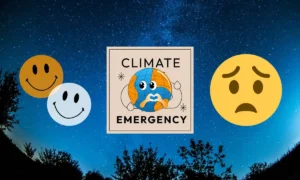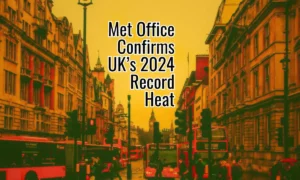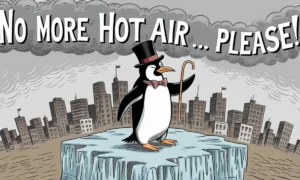CCPI 2025 Report: Who’s Saving the Planet and Who’s Destroying It?
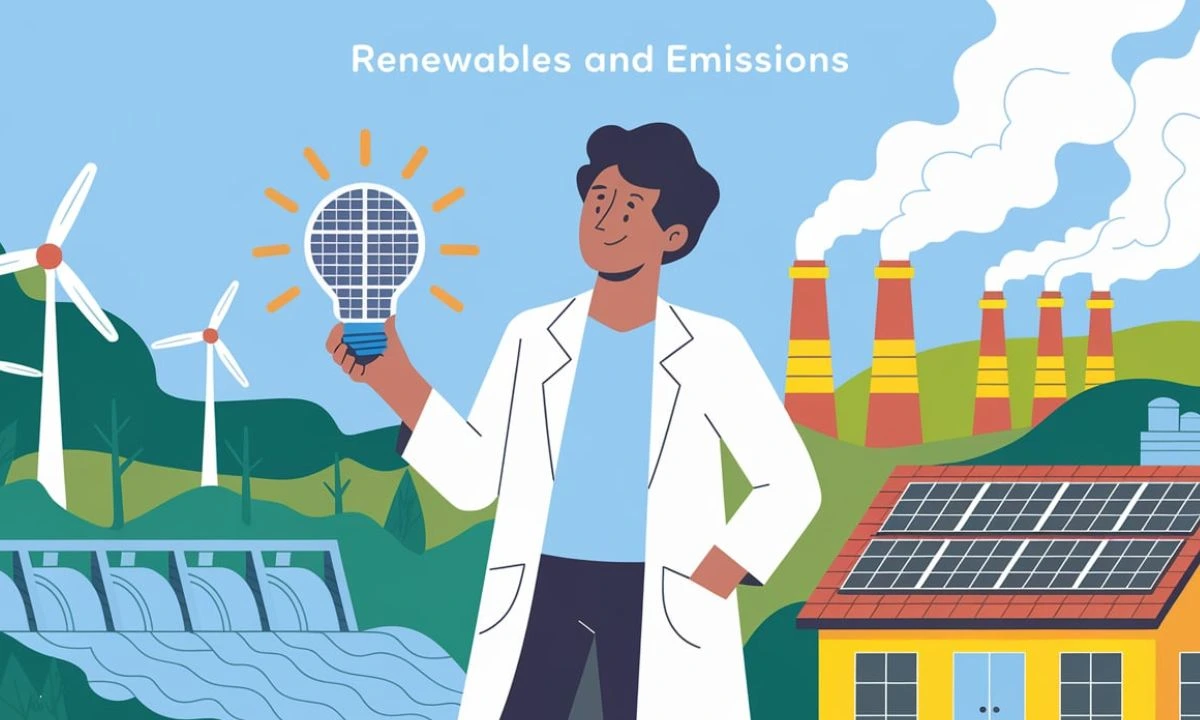
In Baku, Azerbaijan, at COP29, the Climate Change Performance Index (CCPI) 2025, a yearly assessment report released by Germanwatch, NewClimate Institute, and CAN International, highlights that despite renewable energy growing rapidly, many countries are still clinging to fossil fuels, especially gas, driving global warming.
The CCPI assesses the overall progress made in climate action, evaluating 63 countries plus the European Union, which together account for 90% of total global emissions.
Each year, the world’s biggest emitters are rated in terms of emissions, renewables, climate policy and energy use.
Key Findings – Climate Change Performance Index (CCPI) 2025
- Top performers are Denmark (4th), the Netherlands (5th) and the UK (6th). These countries lead but do not achieve the highest rating. The top 3 places remain vacant in CCPI 2025, just like the previous year.
- Denmark sees a high performance rating on climate policy, the only country to do so, yet not enough to earn it a top 3 spot.
- Worst performers are the usual suspects. Iran, Saudi Arabia, UAE, and Russia rank lowest as their renewables make up less than 3% of their energy mix.
- Major emitters of greenhouse gases, China (55th) and the US (57th), are among the worst for climate performance. No surprises there.
- G20 fails to deliver on climate action. Only two G20 countries—India (10th) and the UK (6th)—are high performers. Fourteen G20 members rank low or very low. FYI, India is the 3rd highest in emissions.
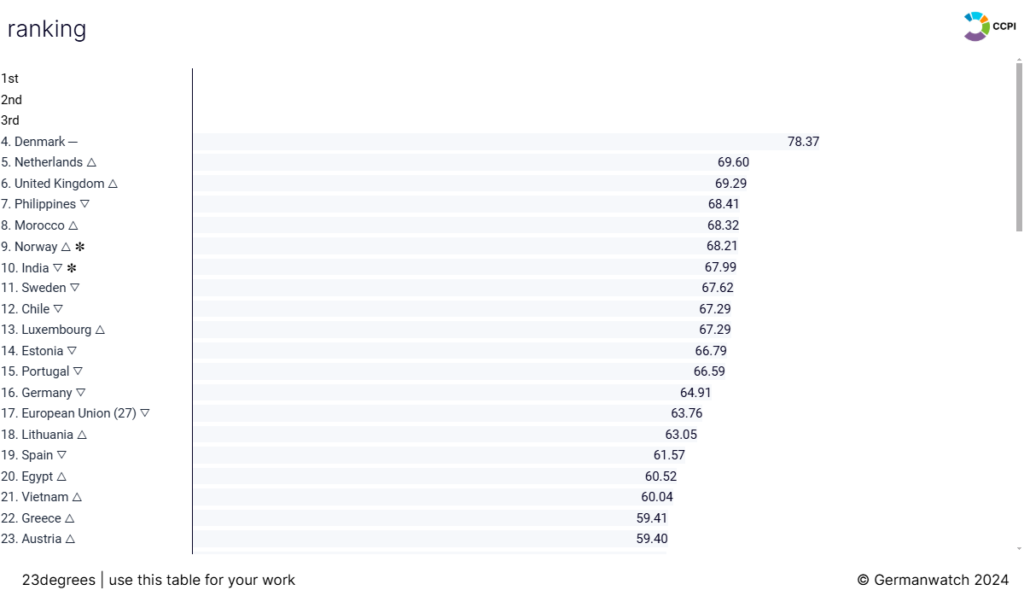
Positive – Renewables on the Rise
Some positive action in renewables as energy production has seen progress in 61 of the 64 countries over the last five years.
Denmark, ranked 4th, is the only country with a high climate policy rating. The UK is a high gainer as it has climbed to 6th this year. The country has announced a coal phase-out and limits on licensing new fossil fuel projects.
Also Read | UNEP’s Emissions Gap Report 2024 – No more hot air … please!
Emissions – Challenges Remain
- Emissions trends are still rated low or very low in 29 countries. CCPI calls for accelerated climate action, concrete policies, and commitments from low-rated countries to align their pathway to sustainable development in accordance with the Paris Agreement goal.
- Fossil fuel use dominates in major oil and gas producing countries. Iran (ranked 67th, lowest), Saudi Arabia (66th), the United Arab Emirates (65th), and Russia (64th) are the lowest ranked as their share of renewables in the energy mix is lower than 3%. These countries are not in the mood to transit away from fossil fuels.
- China is the biggest emitter in the world. It is ranked 55th in this year’s CCPI. Despite its renewable energy boom, the country remains heavily reliant on coal.
- In Argentina, a change in government looks to reverse climate progress. One of the biggest losers, according to CCPI’s assessment, it dropped down to 59th place. The new president has openly denied ‘climate change,’ and the term is wiped out of the government’s official documents.
- The US is ranked at 57th, among the low performers in climate action. The outcome of the US election in 2024 could further hinder the country’s green policies and pledges.
Recommendations from the CCPI 2025
The report urges swift action from major emitters, particularly the G20. India (10th) and the UK (6th) are the only two G20 nations in the high performance category.
The G20 accounts for over 75% of global emissions. With political uncertainty in countries like the US, the EU must take the lead. The UK has stepped up its game, a big positive which is noted in their ranking as 3rd highest performer in emissions, renewables, and climate policies.
Coming to the worst performing G20 countries, Russia, Saudi Arabia, and South Korea (63rd) are assessed as very low.
Germany, at 16th, the largest economy in the EU, is down two places from last year and no longer a high performer.
Also Read | Climate Action Tracker’s Warning: World on Track for Catastrophic 3°C Rise by 2100!
The CCPI 2025 report shows both progress and lack of urgency in the face of the climate change crisis. Energy production from renewables has seen an unprecedented surge, but reliance on fossil fuels means the world remains far from aligning with the Paris Agreement’s goal of limiting global warming to 1.5 °C above pre-industrial levels.
2023 saw the highest amount of emissions on record. It was the hottest year on record, and 2024 is projected to become even hotter when it comes to average global temperatures.
There’s no denying that urgent action is needed, particularly from the world’s biggest emitters, to curb emissions and save the Earth system from climate change’s wrath.
Note: The CCPI evaluates countries’ performance across four categories:
Climate Policy (20%).
GHG Emissions (40%)
Renewable Energy (20%)
Energy Use (20%)



